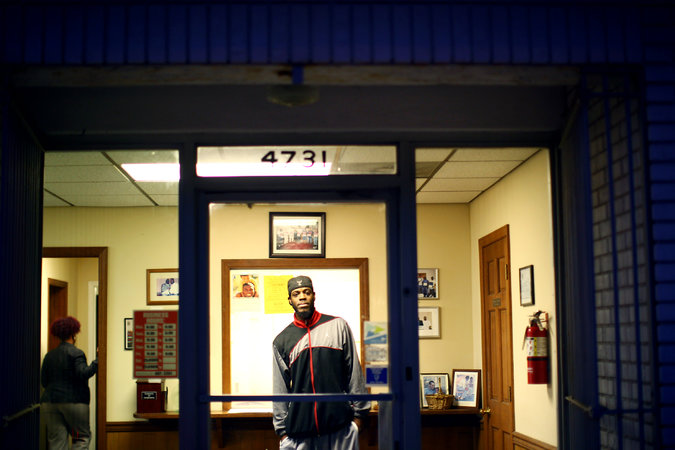By Joe Jones ( jj****@cf**.org ) – the founder of the Center for Urban Families in Baltimore and Joan Entmacher Joe Jones ( je********@nw**.org ) is the vice president for Family Economic Security at the National Women’s Law Center.
Raising a child takes a lot of love, time and money — and doing it alone is tough. Children need and deserve support from both their parents. The goal of an effective child support enforcement system should therefore be to ensure that both parents are responsible for supporting their children as they grow into adulthood. Unfortunately, for parents struggling on the economic brink, the system too often fails them and their children.
We’ll start off by stipulating that noncustodial parents (usually the father) who refuse to pay support to their children even though they are able to pay should have the full force of the law brought against them to collect payment. But often, it’s more complicated than that. About 70 percent of uncollected child support is owed by parents with no reported income or reported income of less than $10,000 a year. While some of these debtors may have unreported income, many are poor themselves. Moreover, when a parent is incarcerated, arrears can continue to pile up to the degree that they will never be paid back, especially with diminished job prospects facing workers with a criminal record.
Unrealistic support orders don’t help anyone. The mother and child don’t see the payments, and the father, too poor to pay, can end up in a vicious cycle with the criminal justice system that amounts to a modern day debtor’s prison.
____________
The U.S. Department of Health and Human Services’ Office of Child Support Enforcement recently published a proposed rule that would update the nation’s child support system. Among other things, the rule would ensure that states take into account the noncustodial parent’s ability to pay in setting child support orders, including stopping the practice of treating incarceration as “voluntary unemployment.” This is a critical component of bipartisan efforts to reform our criminal justice system as it would help stop the vicious cycle of debt and incarceration that fills our prisons with men who are too poor to pay, helping neither the men, nor the families they owe support to.
The rule would also enable states to provide job services, so that out-of-work parents can more quickly get on track to take financial responsibility for their children.
____________
Unfortunately, some members of Congress are trying to block the implementation of these modernization efforts, claiming that they are “letting delinquent parents off the hook.” That is simply not the case.
The National Women’s Law Center supports many of the proposals by the federal Office of Child Support Enforcement to improve our nation’s child support program. Improving the fairness of the program for low-income noncustodial parents doesn’t mean that custodial parents and children will lose. In fact, research shows that the proposals would likely increase the support that low-income custodial parents and children receive. Some states are already taking steps to ensure that orders are set at realistic levels, to prevent arrears from building up when parents are incarcerated and to offer employment services to noncustodial parents who face many of the same barriers to employment that custodial parents do. By preventing the buildup of impossible levels of child support debt — creating additional barriers to employment and the ability to pay support — these policies have increased child support payments for low-income families.
Read the entire pice HERE: http://www.baltimoresun.com/news/opinion/editorial/bs-ed-child-support-20150806-story.html

